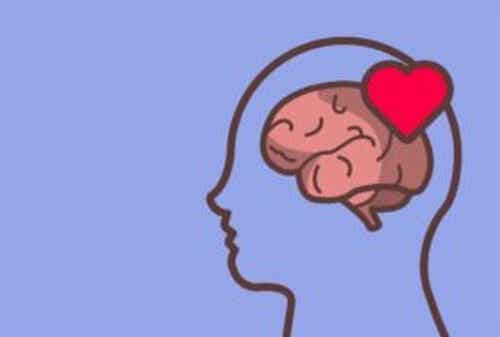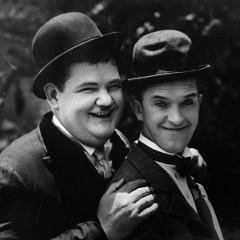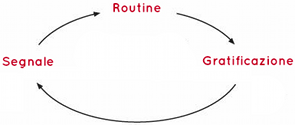Only and exclusively in idleness can those facets of us emerge that are not subject to the imperative of production. Rest is a right and a duty because the essence of our freedom is expressed in it.

Last update: December 25, 2020
For a long time, idleness was seen as something negative. "He is the father of all vices" he said to himself. This idea that doing nothing was to be repudiated has spread due to the interests that prevailed in the industrial age. You had to produce to the maximum, which is why the belief took hold that the only thing worthy of praise in life was work. Nevertheless, idleness is a right!
Producing more and more, accumulating excesses, led to an industrial activity without control. Part of the consequences of this have been the significant destruction of the ecosystem and the deterioration of the quality of life of workers.
Living just to work leads to physical and mental illness. In light of this, in recent times we are beginning to claim idleness, not only as a right, but also as a duty.
"The moments of leisure are the best gain".
-Socrates-
Nowadays, thanks to science, we know that resting is just as important as working. The brain and the whole organism need moments of calm to work properly. Those who dedicate the same time to rest as they dedicate to work are more productive, creative and healthy. Despite this, we are not educated to idleness as we are at work.
Idleness is a right
We are well aware that in the past the right to rest was only recognized for a very short time. There was no legal working day, nor was there a legal minimum wage. Employers could hire workers for days of 14 hours or more. And in return they paid them only what they could.
In the past there were many dispossessed, so the workers accepted such conditions which were completely unfair. As a result, trade unions and corporations began to emerge in different parts of the world. Workers around the world fought hard for fundamental and universal rights. Thus it was that we arrived at the famous three-eight scheme: 8 hours of work, 8 hours of rest and 8 hours of life to be dedicated to the family.
In many countries of the world this pattern still applies, although in many other places conditions of semi-slavery continue to exist. Now it is important to remember that the right to rest is a right that has been won with arduous struggles that cost many lives. When you voluntarily give up a right, you contribute to trampling it, consequently in the end you lose it.
Idleness is a duty
Finding a space for idleness in our life is an act of self-love. It is part of the personal care that each of us must dedicate to ourselves. Rest is a responsibility we have to us if we want to protect our health and well-being.
We seem to discover hot water, as they say, but nowadays we have forgotten about it. We have internalized our obligations so strongly that many people cannot bear the idea of having free time, in which they do not have to answer to anyone.
Bertrand Russell, the famous English thinker, often spoke of idleness. In one of his writings he gives an interesting example. He presents a scenario in which a group of factories produce all the pins a country needs, employing 100 workers for 8 hours a day. At some point a technology is born that creates that same product, but in half the time. What should happen then and what actually happens?
Russell says that in that hypothetical case many workers are fired because less manpower is needed, but also because of the strike of some firms. What should have happened, however, is that workers and factories decided to work only half the time. That way they would end up making money for everyone, because they would continue to sell the same and at the same price.
Protect your moments of leisure
The current consumer society has changed the priorities of many people. We do not work only to adequately satisfy basic needs, but many people want to have extra cash to spend. To buy even what is not strictly necessary. Constantly buying something new. Buy and pay constantly.
This is why many willingly accept to work beyond all limits. They need more money because the market is insatiable. There will always be a more tempting offer. Those who have many clothes want more. Who has a house wants a bigger one. Who has the car wants the plane.
Consumption, in turn, makes the lifestyle tighter. We work to consume and we consume to work. Free time becomes time for spending, or for consumption. Very often, for many, thinking about free time doesn't make much sense. It makes them restless. This is not healthy.
It is important to give great value to our moments of leisure, because it is precisely in those moments that we come into contact with the most authentic part of ourselves and of life.


























